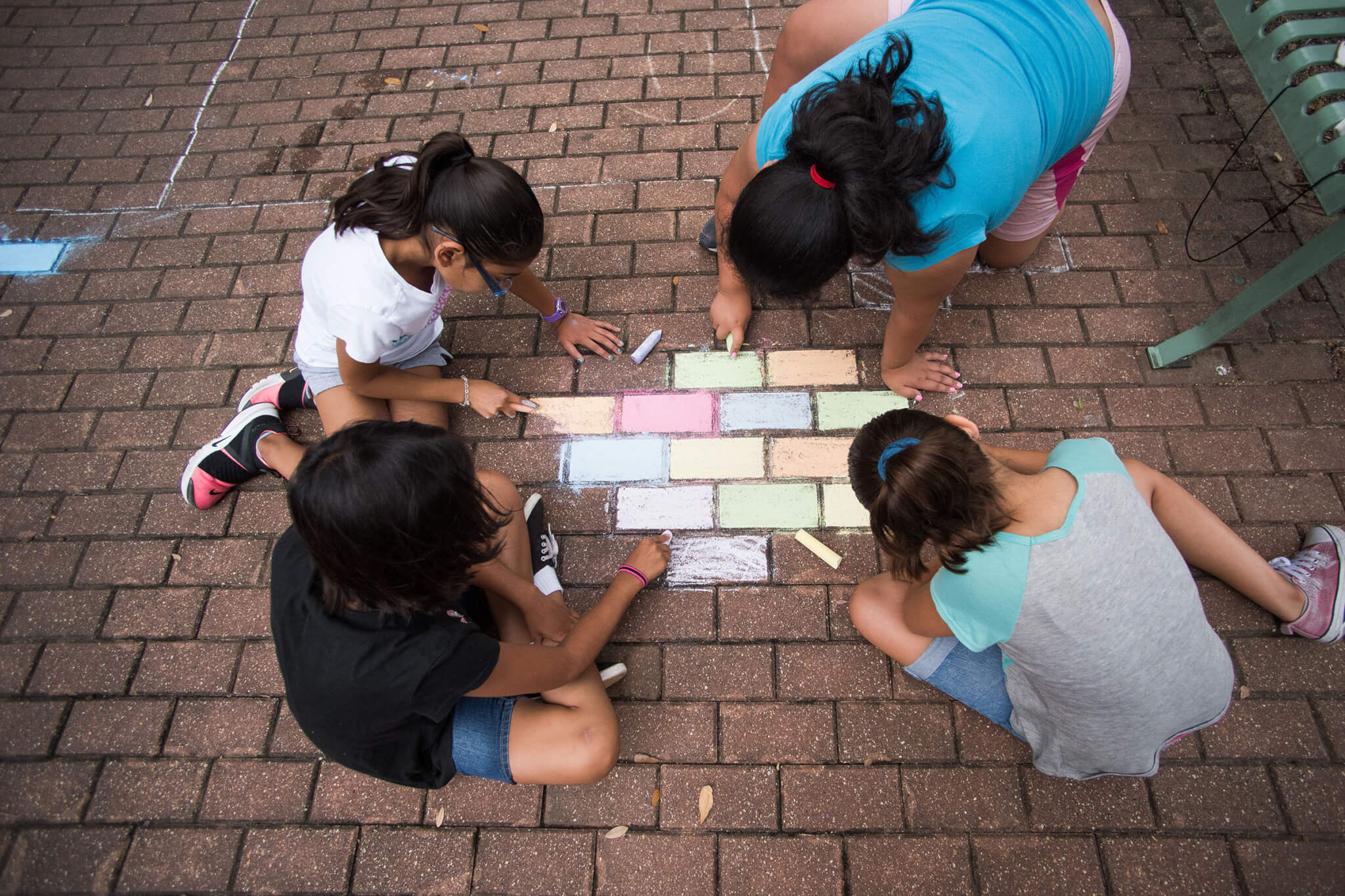
We are inviting the faith communities of San Antonio to self-report how they care for the city’s most vulnerable people. All you have to do is fill out this quick form.
Why do we need this data? In order to tell the story of how churches and other faith communities are responding to the city’s crisis of inequity.
The extreme gap between rich and poor in San Antonio makes our city among the most inequitable in all the nation. This problem gives rise to all sorts of social ills that faith communities exist, in part, to address. And address it they do. Especially in struggling neighborhoods, houses of faith are often a go-to resource for food, rental assistance, foster care, education help, and so on. Our reporting has shown us churches and other faith communities of all kinds — large and small, wealthy and poor, conservative and progressive — addressing poverty and other inequity-related issues in myriad ways.
But to understand the impact these organizations are having, we need to better understand the scope and shape of that impact.
A little backstory to this invitation:
Earlier this year, Folo Media embarked on an ambitious project: to gather data on the giving records and volunteer efforts of every church in the city. We did not seek to see entire church budgets or account for every volunteer hour — we just wanted to develop rough measurements of churches’ combined impact on the city’s vulnerable communities.
Sociologists like Ram Cnaan have long argued that churches account for a significant part of the social safety net. They constitute a kind of informal, non-governmental support system. That’s certainly the case throughout San Antonio, where some churches are addressing vulnerable communities with an often-dizzying array of services, from food pantries and after-school care to classes on single-parent mentoring and maintaining a household budget.
But how much do they provide, exactly? The largest churches in town may give well into six figures each year. As for the smaller churches, well, what would be missing if they went away? As religious adherence declines nationwide, it’s important to ask what is at stake for low-income communities that tend to be home to small, struggling churches that have worked to meet locals’ needs.
Off and on for most of this year, we’ve called churches in San Antonio to request their giving and volunteer information. Mostly, those calls have gone unreturned. We’ve met with a few in person and gotten some figures that way. And we’ve begun to report on other faith communities, from Muslims to Sikhs to Jews, who are providing services in the city’s low-income areas. But we have a long way to go.
So now, we’re turning to you.
If you’re a minister or church staffer, please fill out this 10-question form. If you attend a congregation from any faith, ask your leadership to fill it out or see if you can find the information yourself. Send it around to other people of faith or ministers you know.
Help us out: Let’s understand what San Antonio’s faith communities are doing to address inequity.